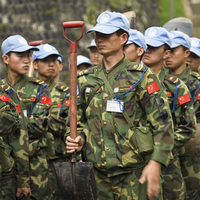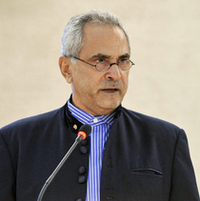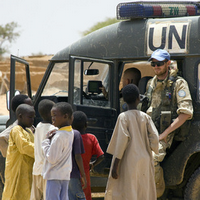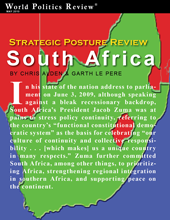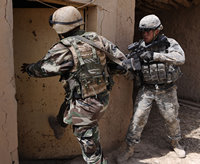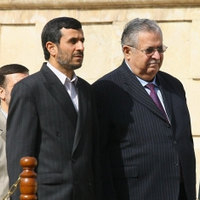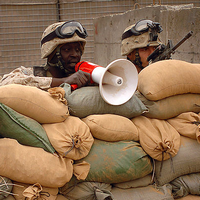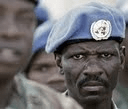
Peacekeeping is a tragic business. That may seem obvious, if only because, when reading about United Nations peacekeeping operations, you come across the word “tragedy” a lot. It describes what happened in Bosnia and Rwanda all too neatly. There’s no better word for what took place in Haiti, where more than 100 U.N. personnel were among the 250,000 dead in January’s earthquake. But, as English professors have tried to explain to generations of dozy students, “tragic” is more than just a synonym for “awful.” Great tragedies — Oedipus Rex, Macbeth, Scarface — aren’t just about suffering. They center on protagonists […]

